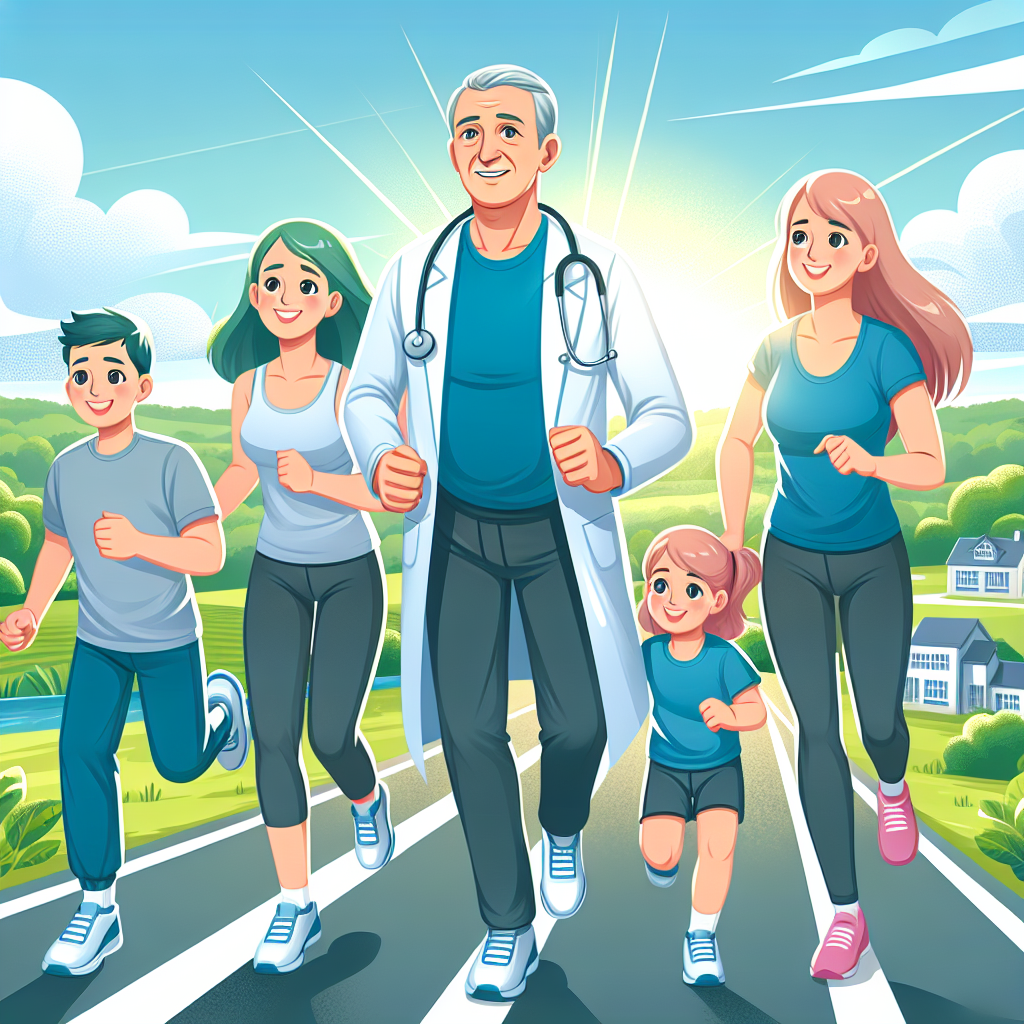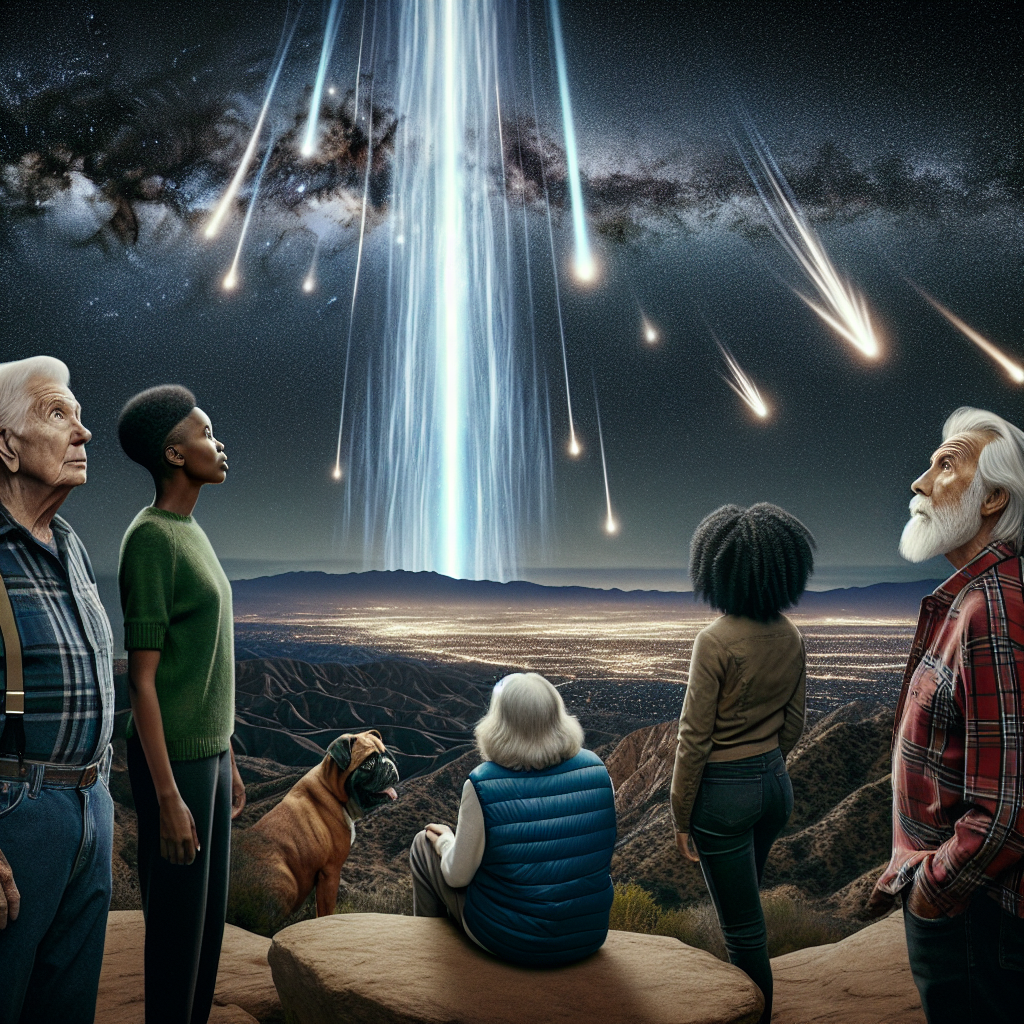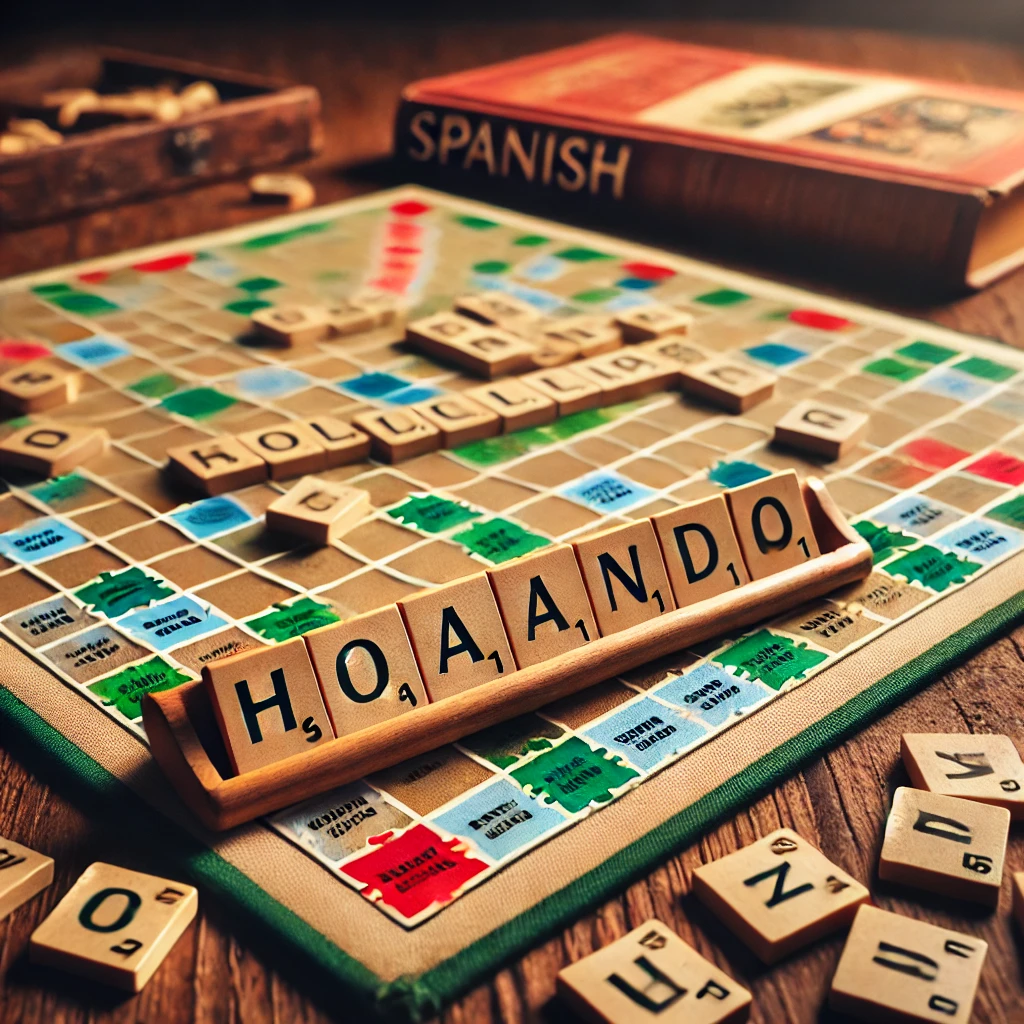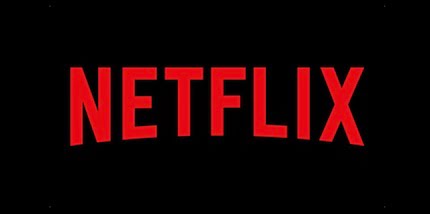Richard Scolyer is a doctor from Australia who studies cancer. He had a very serious brain cancer called glioblastoma. A year ago, he tried a new treatment based on his own research. His latest scan showed no more cancer, making him very happy.
The special treatment used a mix of drugs and a vaccine made just for him. These were given to him before his surgery. The drugs and vaccine helped his body find and fight the cancer better. Even though it’s not a sure cure, it might help him live longer.
This new treatment might also help other people with the same kind of brain cancer. Doctors are hopeful it could be tested in more patients soon. Richard’s success gives hope to many others fighting this tough disease. His work could lead to better treatments for brain cancer in the future.
Original news source: Top doctor cancer-free a year after world-first therapy (BBC)
🎧 Listen:
Slow
Normal
Fast
📖 Vocabulary:
| 1 | glioblastoma | A very serious type of brain cancer |
| 2 | treatment | A way to try to make someone healthy again |
| 3 | research | Careful study to find out new things |
| 4 | scan | A picture taken by a machine to see inside the body |
| 5 | vaccine | A shot that helps the body fight sickness |
| 6 | surgery | An operation to fix or remove something in the body |
| 7 | patients | People who are sick and need help from doctors |
| 8 | hopeful | Feeling positive about what might happen |
| 9 | success | When something goes well |
| 10 | disease | Something that makes people sick |
| 11 | future | The time that has not happened yet |
| 12 | brain | The part of the body inside the head that thinks and controls everything |
Group or Classroom Activities
Warm-up Activities:
– News Summary
Instructions: Ask the students to read the article and write a summary of the main points in their own words. Encourage them to use complete sentences and focus on the most important information.
– Opinion Poll
Instructions: Divide the students into pairs or small groups. Have them discuss the following question: “Do you think personalized cancer treatments like the one Richard Scolyer received will become more common in the future?” After discussing, each group should come up with a final answer and be ready to explain their reasoning to the class.
– Vocabulary Pictionary
Instructions: Write a list of vocabulary words from the article on the board (e.g. cancer, glioblastoma, vaccine, cure). Divide the students into small groups and give each group a piece of paper and a marker. One student from each group will take turns choosing a word from the list and drawing a picture to represent it. The other group members must guess the word based on the drawing. The team with the most correct guesses wins.
– Charades
Instructions: Write a list of actions or concepts related to the article on separate pieces of paper (e.g. surgery, cancer research, vaccine). Divide the students into two teams and have them take turns choosing a word and acting it out without using any words or sounds. The other team must guess the word within a certain time limit. The team with the most correct guesses wins.
– Future Predictions
Instructions: Ask the students to think about the future of cancer treatments based on the article. In pairs or small groups, have them discuss and make predictions about advancements in cancer research and treatment. Each group should present their predictions to the class and explain their reasoning. Encourage them to use modal verbs like “might,” “could,” and “will” to express degrees of certainty.
🤔 Comprehension Questions:
1. Who is Richard Scolyer?
2. What kind of cancer did Richard have?
3. What did Richard try a year ago?
4. What did Richard’s latest scan show?
5. How did the special treatment help Richard’s body?
6. Is the new treatment a sure cure for cancer?
7. Why are doctors hopeful about this new treatment?
Go to answers ⇩
🎧✍️ Listen and Fill in the Gaps:
Richard Scolyer is a doctor from (1)______ who studies cancer. He had a very serious (2)______ cancer called glioblastoma. A year ago, he tried a new treatment based on his own (3)______. His latest scan showed no more (4)______, making him very happy.
The special (5)______ used a mix of drugs and a (6)______ made just for him. These were given to him before his surgery. The drugs and vaccine helped his body (7)______ and (8)______ the cancer better. Even though it’s not a sure (9)______, it might help him live longer.
This new treatment might also help other people with the same kind of brain cancer. Doctors are hopeful it could be tested in more patients soon. Richard’s success gives hope to (10)______ others (11)______ this (12)______ disease. His work could lead to better treatments for brain cancer in the future.
Go to answers ⇩
💬 Discussion Questions:
Students can ask a partner these questions, or discuss them as a group.
1. What is cancer?
2. How would you feel if you had a serious illness like cancer?
3. Do you think it’s important for doctors to do research on diseases like cancer? Why or why not?
4. What do you think it means to have a “sure cure” for a disease?
5. Do you know anyone who has had cancer? How did it affect them and their family?
6. How do you think Richard felt when he found out his latest scan showed no more cancer?
7. What is a vaccine? How does it work?
8. Do you think it’s fair that Richard got a special treatment made just for him? Why or why not?
9. How do you think Richard’s success can give hope to others with brain cancer?
10. Do you think it’s important for scientists to continue researching and finding new treatments for cancer? Why or why not?
11. How would you feel if you were diagnosed with a serious illness and there was no known cure?
12. What do you think the future of cancer treatment could look like?
Individual Activities
📖💭 Vocabulary Meanings:
Match each word to its meaning.
Words:
1. glioblastoma
2. treatment
3. research
4. scan
5. vaccine
6. surgery
7. patients
8. hopeful
9. success
10. disease
11. future
12. brain
Meanings:
(A) A shot that helps the body fight sickness
(B) A way to try to make someone healthy again
(C) People who are sick and need help from doctors
(D) Feeling positive about what might happen
(E) The time that has not happened yet
(F) When something goes well
(G) A picture taken by a machine to see inside the body
(H) Something that makes people sick
(I) An operation to fix or remove something in the body
(J) A very serious type of brain cancer
(K) Careful study to find out new things
(L) The part of the body inside the head that thinks and controls everything
Go to answers ⇩
🔡 Multiple Choice Questions:
1. What is Richard Scolyer’s profession?
(a) Teacher
(b) Scientist
(c) Doctor
(d) Engineer
2. What type of cancer did Richard Scolyer have?
(a) Lung cancer
(b) Breast cancer
(c) Skin cancer
(d) Brain cancer
3. How did Richard Scolyer feel when his latest scan showed no more cancer?
(a) Very sad
(b) Very angry
(c) Very happy
(d) Very scared
4. What did Richard Scolyer’s treatment involve?
(a) Drugs and a vaccine
(b) Surgery and radiation
(c) Chemotherapy and counseling
(d) Exercise and diet changes
5. What did the drugs and vaccine help Richard Scolyer’s body do?
(a) Find and fight the cancer better
(b) Sleep and relax more
(c) Eat and exercise more
(d) Think and learn better
6. Is the new treatment a sure cure for brain cancer?
(a) Yes
(b) No
(c) Maybe
(d) Sometimes
7. Who might the new treatment also help?
(a) People with heart disease
(b) People with diabetes
(c) People with a broken leg
(d) Other people with the same kind of brain cancer
8. What could Richard Scolyer’s work lead to in the future?
(a) Better treatments for the common cold
(b) Better treatments for brain cancer
(c) Better treatments for allergies
(d) Better treatments for the flu
Go to answers ⇩
🕵️ True or False Questions:
1. Richard Scolyer, a doctor from Australia, had a type of brain cancer called glioblastoma.
2. His latest scan showed no more cancer, which made him very happy.
3. The drugs and vaccine hindered his body’s ability to find and fight the cancer better.
4. He tried a new treatment based on his own research.
5. The treatment used a mix of drugs and a vaccine made specifically for everyone except him.
6. Richard’s success gives hope to others with the same kind of brain cancer and could lead to better treatments in the future.
7. The treatment might not help him live longer, although it’s not a guaranteed cure.
8. Doctors are doubtful that the treatment could be tested in more patients soon.
Go to answers ⇩
📝 Write a Summary:
Write a summary of this news article in two sentences.
Check your writing now with the best free AI for English writing!
Writing Questions:
Answer the following questions. Write as much as you can for each answer.
Check your answers with our free English writing assistant!
1. Who is Richard Scolyer?
2. What kind of cancer did Richard have?
3. What did Richard try for his cancer treatment?
4. Did the treatment work for Richard?
5. How might Richard’s treatment help other people with brain cancer?
✅ Answers
🤔✅ Comprehension Question Answers:
1. Who is Richard Scolyer?
Richard Scolyer is a doctor from Australia who studies cancer.
2. What kind of cancer did Richard have?
Richard had glioblastoma, a type of brain cancer.
3. What did Richard try a year ago?
A year ago, Richard tried a new treatment based on his own research.
4. What did Richard’s latest scan show?
Richard’s latest scan showed no more cancer.
5. How did the special treatment help Richard’s body?
The special treatment helped Richard’s body find and fight the cancer better.
6. Is the new treatment a sure cure for cancer?
No, the new treatment is not a sure cure for cancer.
7. Why are doctors hopeful about this new treatment?
Doctors are hopeful about this new treatment because Richard’s success gives hope to many others fighting this tough disease, and it could lead to better treatments for brain cancer in the future.
Go back to questions ⇧
🎧✍️✅ Listen and Fill in the Gaps Answers:
(1) Australia
(2) brain
(3) research
(4) cancer
(5) treatment
(6) vaccine
(7) find
(8) fight
(9) cure
(10) many
(11) fighting
(12) tough
Go back to questions ⇧
📖💭✅ Vocabulary Meanings Answers:
1. glioblastoma
Answer: (J) A very serious type of brain cancer
2. treatment
Answer: (B) A way to try to make someone healthy again
3. research
Answer: (K) Careful study to find out new things
4. scan
Answer: (G) A picture taken by a machine to see inside the body
5. vaccine
Answer: (A) A shot that helps the body fight sickness
6. surgery
Answer: (I) An operation to fix or remove something in the body
7. patients
Answer: (C) People who are sick and need help from doctors
8. hopeful
Answer: (D) Feeling positive about what might happen
9. success
Answer: (F) When something goes well
10. disease
Answer: (H) Something that makes people sick
11. future
Answer: (E) The time that has not happened yet
12. brain
Answer: (L) The part of the body inside the head that thinks and controls everything
Go back to questions ⇧
🔡✅ Multiple Choice Answers:
1. What is Richard Scolyer’s profession?
Answer: (c) Doctor
2. What type of cancer did Richard Scolyer have?
Answer: (d) Brain cancer
3. How did Richard Scolyer feel when his latest scan showed no more cancer?
Answer: (c) Very happy
4. What did Richard Scolyer’s treatment involve?
Answer: (a) Drugs and a vaccine
5. What did the drugs and vaccine help Richard Scolyer’s body do?
Answer: (a) Find and fight the cancer better
6. Is the new treatment a sure cure for brain cancer?
Answer: (b) No
7. Who might the new treatment also help?
Answer: (d) Other people with the same kind of brain cancer
8. What could Richard Scolyer’s work lead to in the future?
Answer: (b) Better treatments for brain cancer
Go back to questions ⇧
🕵️✅ True or False Answers:
1. Richard Scolyer, a doctor from Australia, had a type of brain cancer called glioblastoma. (Answer: True)
2. His latest scan showed no more cancer, which made him very happy. (Answer: True)
3. The drugs and vaccine hindered his body’s ability to find and fight the cancer better. (Answer: False)
4. He tried a new treatment based on his own research. (Answer: True)
5. The treatment used a mix of drugs and a vaccine made specifically for everyone except him. (Answer: False)
6. Richard’s success gives hope to others with the same kind of brain cancer and could lead to better treatments in the future. (Answer: True)
7. The treatment might not help him live longer, although it’s not a guaranteed cure. (Answer: False)
8. Doctors are doubtful that the treatment could be tested in more patients soon. (Answer: False)
Go back to questions ⇧















